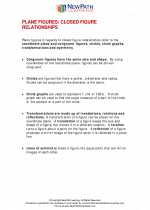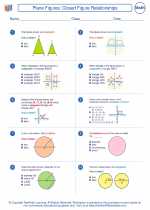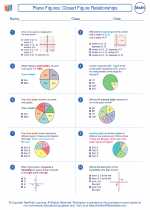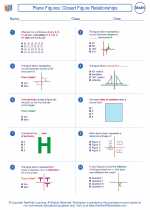Exponentiation
Exponentiation is a mathematical operation that involves raising a number to a certain power. The number being raised to a power is called the base, and the power to which it is raised is called the exponent. The result of an exponentiation operation is called the power or the value of the expression.
Notation
The exponentiation operation is commonly represented using the following notation:
an
Where 'a' is the base and 'n' is the exponent. This expression can be read as "a raised to the power of n" or "a to the power of n."
Example
For example, in the expression 23, the base is 2 and the exponent is 3. This can be calculated as:
23 = 2 * 2 * 2 = 8
Properties of Exponentiation
There are several properties of exponentiation that are important to understand:
- Product of Powers: am * an = am+n
- Quotient of Powers: am / an = am-n
- Power of a Power: (am)n = am*n
- Power of a Product: (a * b)n = an * bn
Study Guide
When studying exponentiation, it's important to understand the concept of the base and the exponent, as well as the properties of exponentiation. Here are some key points to focus on:
- Identify the base and exponent in an exponentiation expression.
- Practice calculating the value of exponentiation expressions.
- Memorize the properties of exponentiation and understand how to apply them in calculations.
- Work on solving problems involving exponentiation, both numerical and algebraic.
By mastering these concepts and properties, you'll be well-prepared to work with exponentiation in various mathematical contexts.
.◂Math Worksheets and Study Guides Seventh Grade. Plane Figures: Closed Figure Relationships

 Worksheet/Answer key
Worksheet/Answer key
 Worksheet/Answer key
Worksheet/Answer key
 Worksheet/Answer key
Worksheet/Answer key
